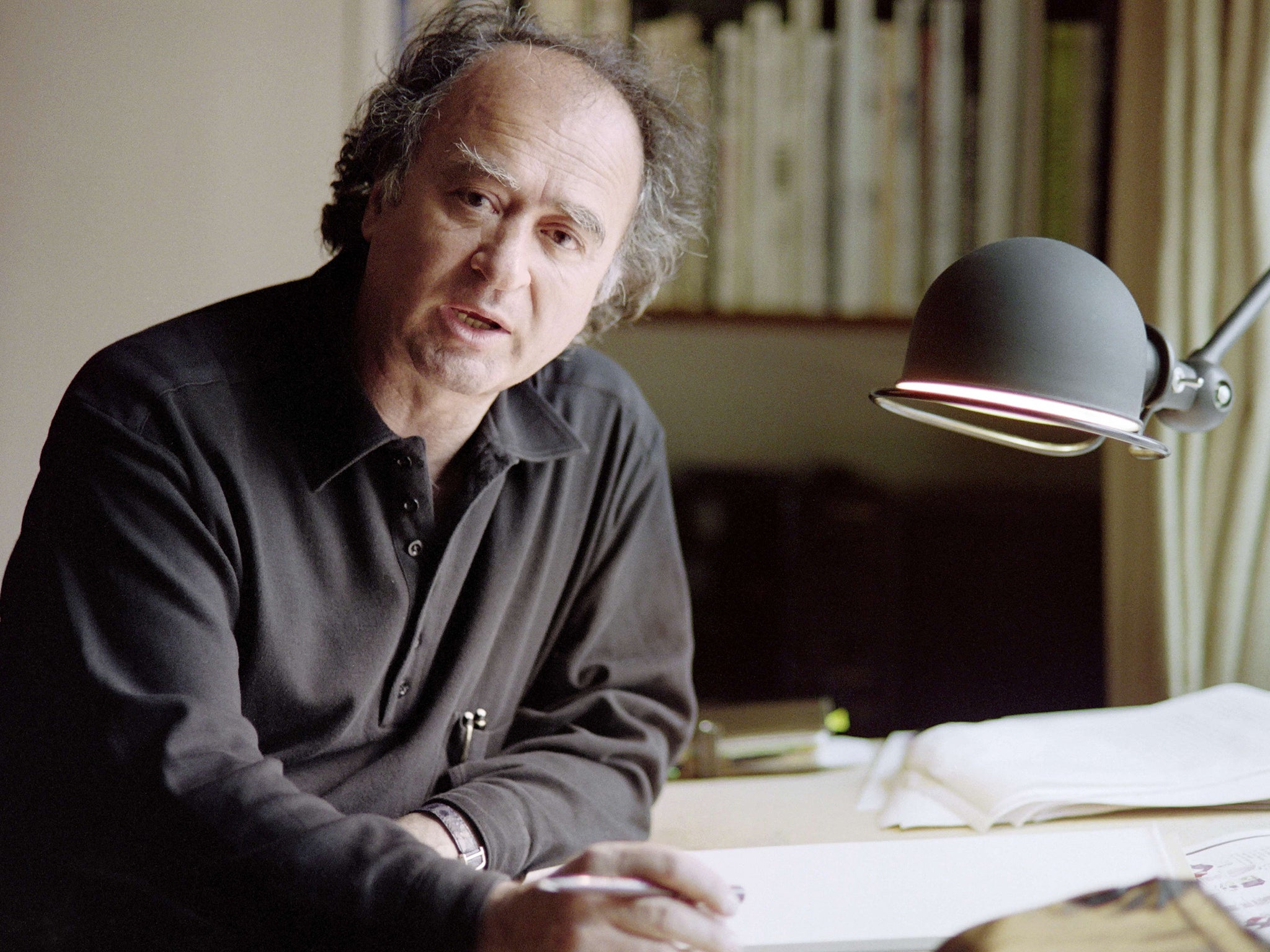Georges Wolinski: Cartoonist who became one of the most revered figures in French journalism
He was born in 1934 in Tunis, the son of a Tunisian-Jewish mother and a Polish-Jewish father

Your support helps us to tell the story
From reproductive rights to climate change to Big Tech, The Independent is on the ground when the story is developing. Whether it's investigating the financials of Elon Musk's pro-Trump PAC or producing our latest documentary, 'The A Word', which shines a light on the American women fighting for reproductive rights, we know how important it is to parse out the facts from the messaging.
At such a critical moment in US history, we need reporters on the ground. Your donation allows us to keep sending journalists to speak to both sides of the story.
The Independent is trusted by Americans across the entire political spectrum. And unlike many other quality news outlets, we choose not to lock Americans out of our reporting and analysis with paywalls. We believe quality journalism should be available to everyone, paid for by those who can afford it.
Your support makes all the difference.Known professionally by his surname, Georges Wolinski was one of France best-known cartoonists. He had been at the heart of the team behind Charlie Hebdo since its relaunch.
He was born in 1934 in Tunis, the son of a Tunisian-Jewish mother and a Polish-Jewish father who ran a wrought-iron factory. His father was murdered when Wolinski was two. "The ghost of my father has haunted me all my life," he recalled. He discovered comics thanks to the US soldiers stationed in Tunis during the war: "Other children asked the GIs for chocolate and chewing gum. 'Have you comics?', I would say to them. And they would give me comics but chocolate and chewing gum too!"
The family moved to France in 1948. Compulsory military service in the 1960s took him to Reggane, an Algerian town in the Sahara; there he saw posters advertising a new monthly satirical magazine, Hara-Kiri. He sent a few sample drawings and, given leave to meet its editor in Paris, became a contributor.
During the student revolt of May 1968 small independent magazines became one of the ways for protesters to spread their message. Wolinski was one of the founders of the biting satirical paper L'Enragé (The Enraged) with the cartoonist Siné (the pen-name of Maurice Sinet). The publication's manifesto declared: "This magazine is a paving stone. It can be used as a wick for a Molotov cocktail. It can be used as a baton shield. It can be used as an anti-gas handkerchief. We will all stand together and we will remain that way, from all the angry people of the world..." The paper ran for 12 issues.
A year later Hara-Kiri launched its weekly counterpart, Hara-Kiri Hebdo. When the magazine was banned following its De Gaulle front page it soon reappeared as Charlie Hebdo, a dual reference to Charlie Brown, the character from Peanuts, and to Charles De Gaulle. Wolinski was editor-in-chief from 1971 to 1980, just before it folded. He had become renowned for his irreverent and gently mocking satire, his work appearing in Libération, Paris Match and L'Humanité. When Charlie Hebdo was resurrected in 1992 he was at the core of its team.
In 1978 he commented, "There is no humour that is Jewish, Black, Irish, Czech, Arabic. There aren't 36 different types of humour. There is just humour. Humour, like fire, water, air, gold, always has the same composition... Humourists have only one thought, one idea, which is, 'I'm nothing and I'm scared'." In January 2005 he received the Legion d'Honneur. He was twice married, with two children.
Born Tunis 28 June 1934; died Paris 7 January 2015
Join our commenting forum
Join thought-provoking conversations, follow other Independent readers and see their replies
Comments